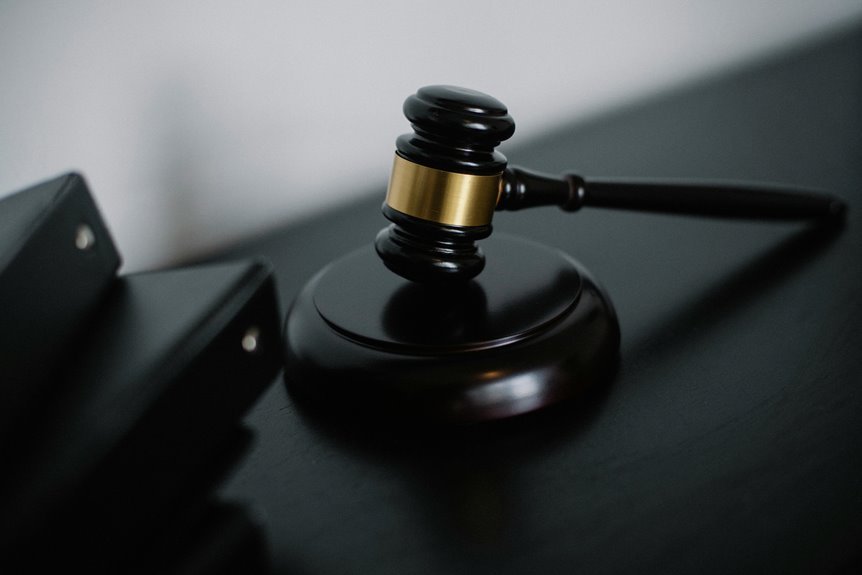Instanonimi: O Significado da Anonimidade em Processos Legais

Anonymity holds significant weight in legal processes, particularly for victims seeking justice. It creates a sanctuary for individuals to share their experiences without fear of repercussions. However, this protective measure raises complex questions regarding defendant rights and the public's right to know. As the legal landscape evolves with technology, the implications of anonymity continue to shift. The tension between privacy and transparency remains a critical issue warranting further exploration.
The Importance of Anonymity for Victims in Legal Proceedings
Although the legal system is designed to uphold justice, the experiences of victims often necessitate a protective layer of anonymity to ensure their safety and well-being.
Victim protection is paramount, as disclosing identities can lead to retaliation or emotional distress. Anonymity fosters emotional safety, encouraging victims to participate in legal proceedings without fear, ultimately strengthening the pursuit of justice while safeguarding individual freedoms.
Balancing Defendant Rights and Public Interest
While ensuring the rights of defendants is a fundamental principle of the legal system, it is equally essential to consider the public interest in transparency and accountability.
Balancing defendant protections with the need for public transparency is crucial. Legal systems must navigate this tension, ensuring that while defendants are afforded their rights, the public remains informed, fostering trust in the judicial process.
The Impact of Technology on Legal Anonymity
As technology continues to evolve, its influence on legal anonymity becomes increasingly significant, reshaping how personal information is protected within the judicial system.
Digital privacy is challenged by advancements in data accessibility, while technological transparency demands accountability.
Consequently, the balance between safeguarding individual identities and ensuring public access to legal proceedings necessitates a reevaluation of existing frameworks governing anonymity in legal contexts.
Conclusion
In the intricate tapestry of legal processes, anonymity serves as a protective shield for victims, allowing them to emerge from the shadows and share their truths. However, this shield must not become a barrier, obstructing the light of transparency that defendants and the public seek. As technology unfolds like a double-edged sword, legal systems must navigate its complexities, ensuring that the scales of justice remain balanced, honoring both the vulnerable and the rights of the accused.




